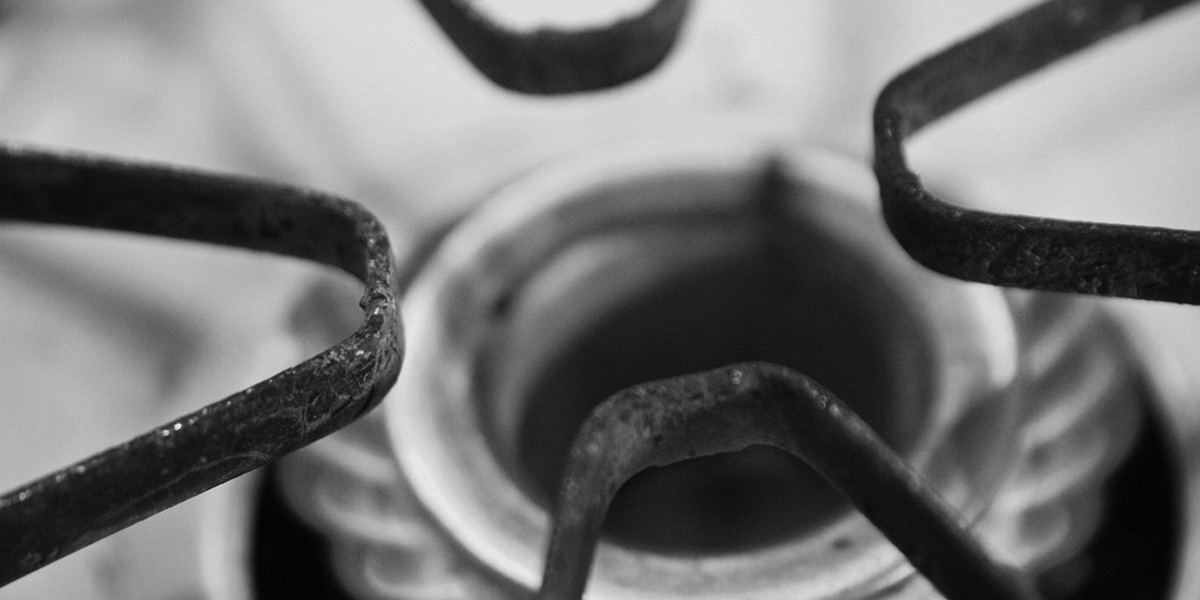Rural idyll? The forgotten faces of fuel poverty
Historically, rural households have been the forgotten faces of fuel poverty. Hidden beneath the idyll of chocolate-box cottages and rolling countryside, households in rural areas are more likely to suffer from fuel poverty than their urban counterparts and schemes designed...
Historically, rural households have been the forgotten faces of fuel poverty. Hidden beneath the idyll of chocolate-box cottages and rolling countryside, households in rural areas are more likely to suffer from fuel poverty than their urban counterparts and schemes designed to tackle the problem are failing to make a real impact in rural locations. At best our rural fuel poor are being left behind; at worst they are being ignored.
There are 2.4 million fuel poor households in England, with 500,000 of these in rural locations. The three main causes of fuel poverty – low incomes, poor energy efficiency and high energy costs – are all exacerbated in rural areas, with properties more likely to be difficult and expensive to heat and insulate. This is demonstrated by the latest fuel poverty statistics which show that households in the most rural areas have fuel poverty ‘gaps’ (the extra income or reduced energy costs required to remove a household from fuel poverty) of more than double that of those in the most urban areas.
NEA, the national fuel poverty charity, has long expressed concern that the level of funding for fuel poverty schemes as a whole is inadequate, representing a 50 per cent cut from that available in 2011-12. The situation for rural households is even bleaker. While in theory the schemes available to assist those in fuel poverty are also available to those in rural areas, in practice these are so poorly suited to the majority of rural fuel-poor households that they are offering little to no assistance.
Energy suppliers have full discretion to determine the extent of support and the measures they choose to install under the Energy Company Obligation (ECO), thus rural households requiring expensive heating and insulation measures are likely to be much less attractive than urban counterparts. Indeed, ECO-obligated suppliers have confirmed that they are not currently funding heating oil or LPG boiler repair or replacement. The Carbon Saving Communities Obligation which provides measures to areas of low-income includes a sub-target that states 15 per cent of measures must be delivered within ‘rural’ areas (rural safeguard), however the definition of rurality is a settlement of fewer than 10,000 inhabitants which could include many on-gas settlements within the urban fringe. The statistics provide evidence that these concerns are being realised – to date only 51 measures have been installed under the rural safeguard, only 10 affordable warmth eligible households have had solid wall insulation and 96 per cent of all ECO measures have been installed in gas-fuelled properties.
This lack of equal benefit for rural and off gas households is further compounded when we consider that the Energy Company Obligation is currently funded not from taxation but by the energy suppliers via levies on consumers’ energy bills. Householders in these areas are contributing to the ECO programme but are failing to benefit from it.
The Energy and Climate Change Committee’s report into Energy Prices, Profits and Poverty rightfully noted that energy efficiency should be the focus of the government’s fuel poverty policy in order to tackle the long-term root cause of the problem cost-effectively, and recommended that more specialised resources are needed to tackle fuel poverty in rural areas. The current ‘one size fits all’ approach is not working – instead we need a tax funded national energy efficiency scheme delivered at community level by local authorities and other trusted third party intermediaries. This will not come cheap but let’s put this into perspective – each round of energy price rises provide an additional £150 million in VAT revenues, while carbon taxes are expected to bring in £4 bn a year to Treasury over the next 15 years. The improvement to the lives of some of our most vulnerable members of society would be dramatic, but these benefits can extend beyond individual welfare – more jobs, a stimulated local economy, and reduced carbon emissions.
Everyone deserves to live in a warm, dry home, regardless of whether that home is in Birmingham or Buxton. Over the winter NEA will be campaigning for the government to recognise the needs of our rural fuel poor households and the other ‘faces of fuel poverty’. It’s time to take action now to end the scandal of fuel poverty for good.
Peter Smith is external affairs manager at National Energy Action
